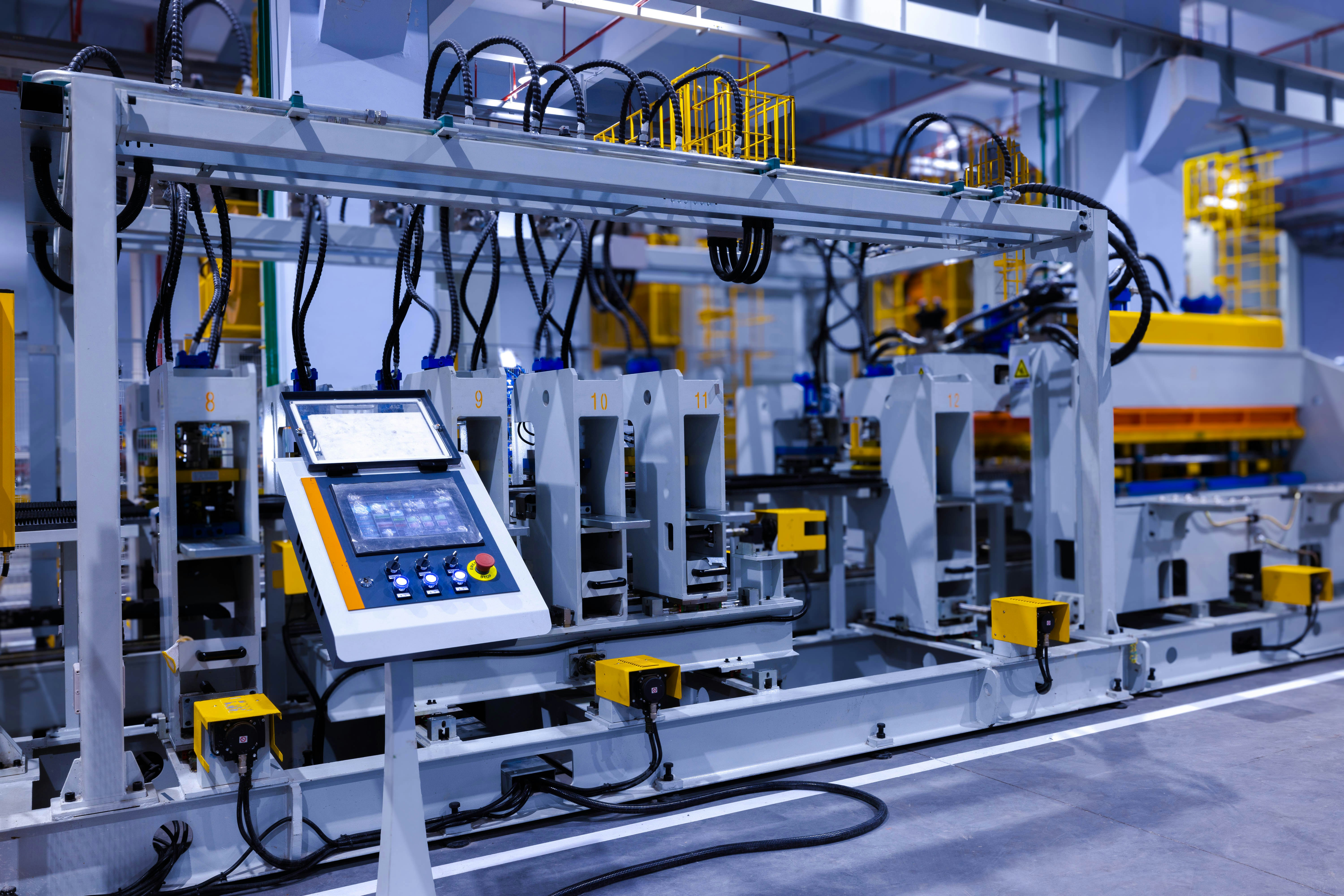

By Ayo E., Founder & Principal Consultant, Aiconic
Swiss researchers just demonstrated something that should make every manufacturing executive take notice: artificial intelligence that can redesign industrial recipes in seconds, cutting CO2 emissions by massive percentages while maintaining product quality. The breakthrough at Paul Scherrer Institute isn't just about cement—it's a glimpse into the future of sustainable manufacturing that every B2B company needs to understand.
Here's what happened: Instead of spending months testing thousands of material combinations in expensive labs, researchers trained AI to simulate and optimize cement formulations instantly. The system identifies recipes that slash CO2 emissions while preserving mechanical strength, transforming what used to be a years-long trial-and-error process into a millisecond calculation.
The cement industry produces 8% of global CO2 emissions—more than all aviation worldwide. But the real breakthrough isn't just environmental; it's methodological. This AI approach represents a fundamental shift in how we can optimize any complex industrial process where multiple variables interact to determine final product quality.
For B2B manufacturers, this signals the beginning of AI-driven recipe optimization across industries. Whether you're in chemicals, materials, food processing, or any manufacturing sector with complex formulations, the same principles apply: AI can now reverse-engineer optimal combinations that meet multiple competing objectives simultaneously.
Subtitle: From Trial-and-Error to Intelligent Design: The New Competitive Advantage
The cement breakthrough reveals three critical trends that forward-thinking B2B leaders are already capitalizing on. First, sustainability is becoming algorithmically achievable—no longer requiring trade-offs between environmental responsibility and business performance. Second, AI is moving beyond automation into creative problem-solving, generating novel solutions humans wouldn't discover through traditional methods. Third, the companies that adopt these technologies first will establish insurmountable competitive advantages.
At Aiconic, we're seeing clients across industries grapple with similar optimization challenges. Supply chain managers want to minimize costs while reducing carbon footprint. Product developers need formulations that balance performance, sustainability, and manufacturability. Operations teams seek process improvements that simultaneously boost efficiency and environmental compliance.
The Swiss researchers used genetic algorithms—AI inspired by natural selection—to identify optimal combinations from virtually infinite possibilities. This same approach can optimize your production schedules, supply chain configurations, energy usage patterns, and product formulations. The question isn't whether AI will transform industrial optimization; it's whether your company will be leading or following this transformation.
Smart B2B companies are already building their AI sustainability capabilities. They're cataloging their optimization challenges, structuring their data for AI analysis, and partnering with consultants who understand both current operations and emerging AI possibilities. Because when your competitors start using AI to simultaneously cut costs and emissions while improving quality, playing catch-up becomes exponentially harder.
Subtitle: Building Tomorrow's Competitive Advantage Through AI-Driven Sustainability Today